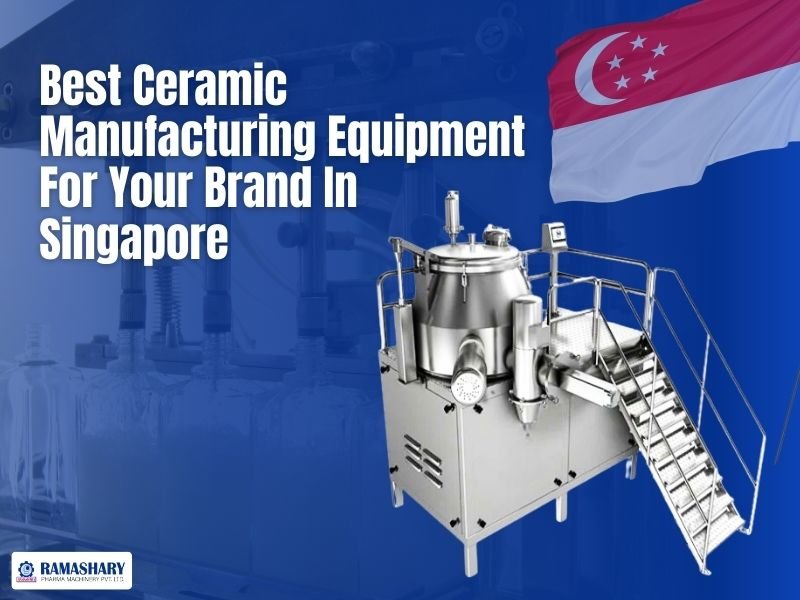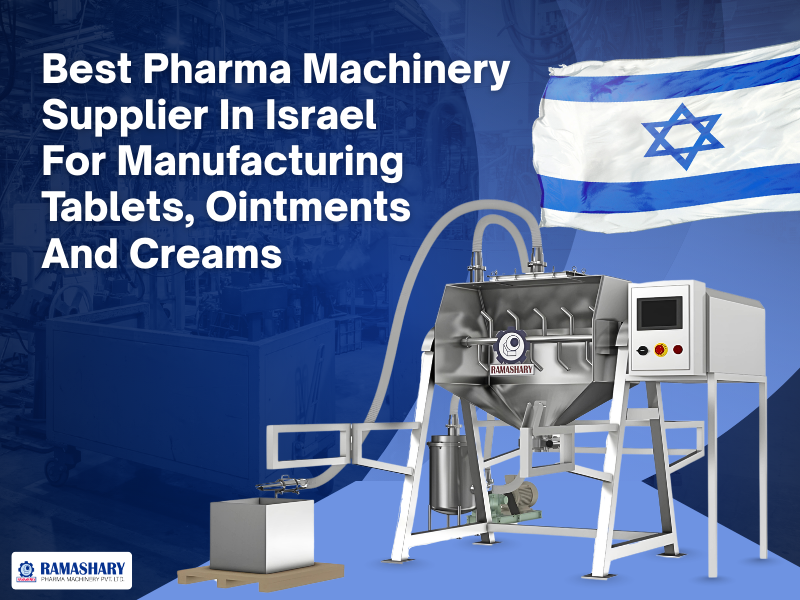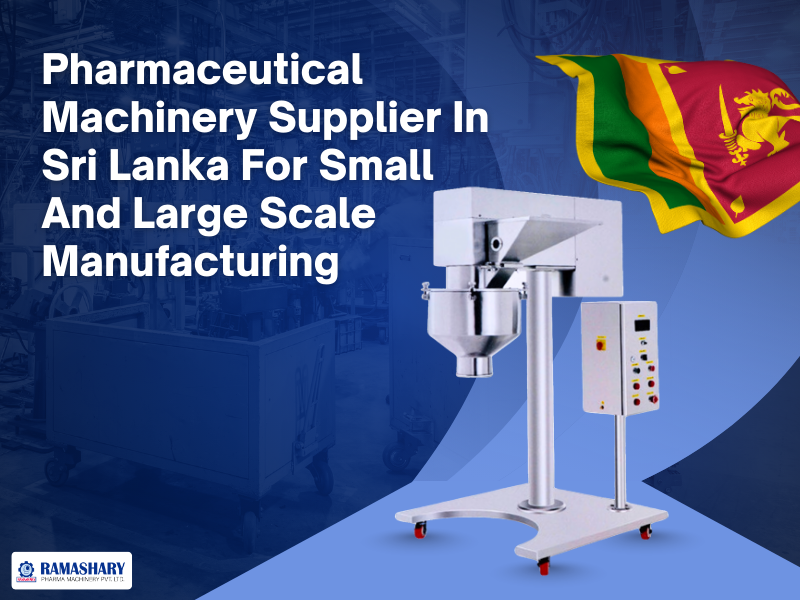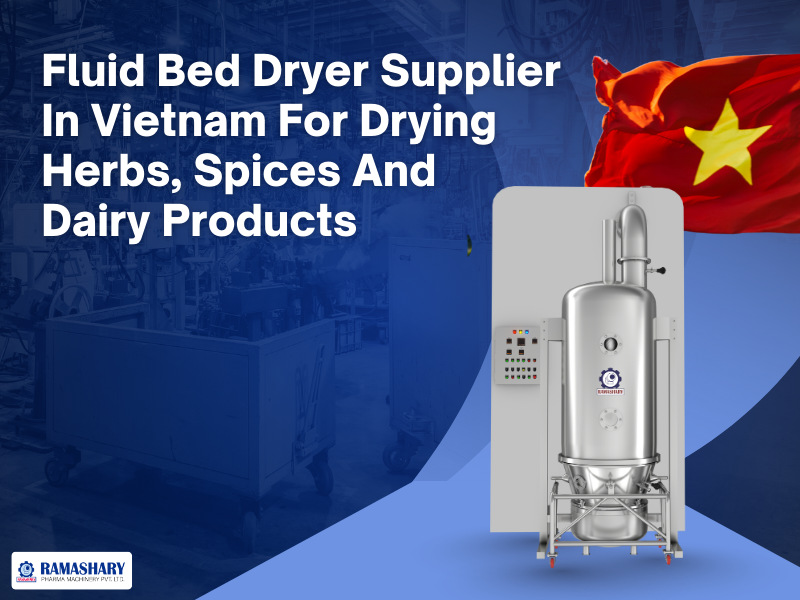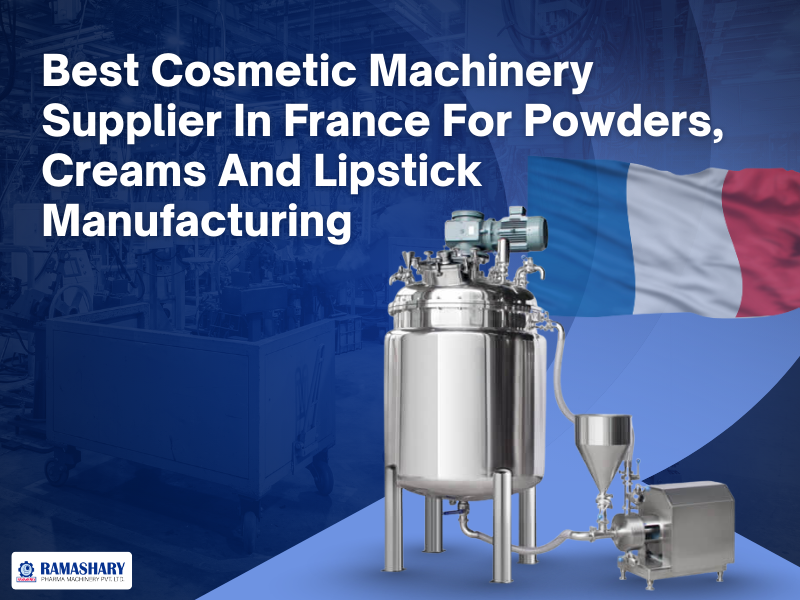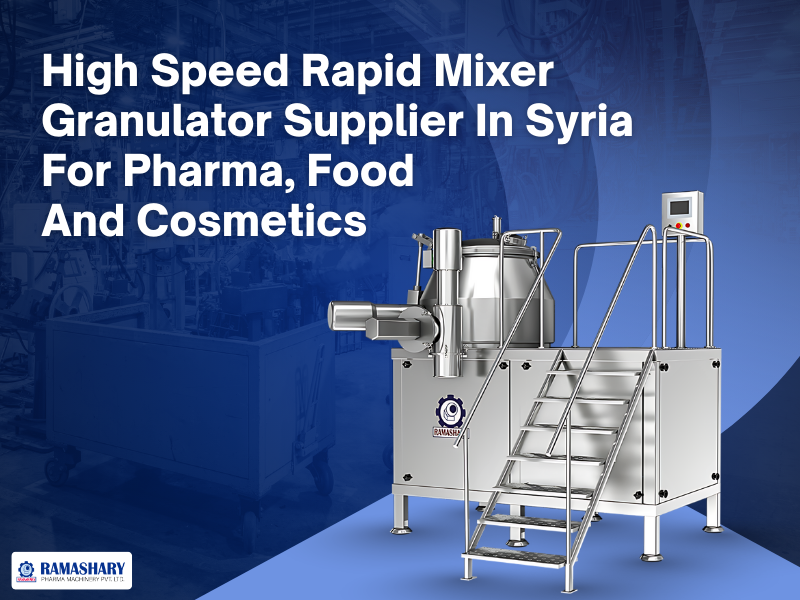From 2024 to 2030, the value of the Singapore Ceramics Machinery Market is expected to have a compound annual growth rate (CAGR) of 7.1%. Moreover, the advancements in the technological sector lead to the demand for precise ceramic components.
That’s why your business must have high-end ceramic manufacturing equipment for mixing, forming, drying and packaging products like wall tiles, pottery, circuit board materials and more. Moreover, ensure that the suppliers are ready to customise the machinery while following the regulatory guidelines.
Ceramic Manufacturing Industry in Singapore
The ceramics market in this nation has been growing due to its diverse applications in various industries like manufacturing, aerospace, electronics and healthcare. In 2023, commercial infrastructure development attracted foreign direct investment, while the government-backed initiatives and R&D grants led to market growth over the years.
However, the advanced ceramics market faced disturbances resulting from the COVID-19 pandemic, affecting the availability of raw materials. However, the advanced ceramics market recovered gradually with a revival of demand for electronics.
Top 8 Challenges and Their Solutions in the Ceramics Manufacturing Industry
1. High Production Costs
Challenge
Factors contributing to higher production costs are inefficient material properties, energy-intensive ceramic production and high labour costs and material costs for clay and glazes.
Solution
Material testing equipment can be integrated into the production line to ensure that materials meet precise specifications. Similarly, sophisticated process control systems can be added to the ceramic manufacturing machine to adjust and monitor the production process as per the material properties.
Customised machinery with advanced insulation and heat recovery systems can provide energy efficiency. Automated ceramic making machinery can lower labour costs. Similarly, customising the machinery with material optimisation software can help you optimise material usage and reduce its wastage.
Customised machinery with advanced insulation and heat recovery systems can provide energy efficiency. Automated ceramic making machinery can lower labour costs. Similarly, customising the machinery with material optimisation software can help you optimise material usage and reduce its wastage.
2. Need for Specialised Expertise
Challenge
Factors contributing to the need for specialised expertise are complex production processes, high product quality, innovation and design.
Solution
Machines used in ceramic industry can be designed to meet the specific needs of a ceramic manufacturer. Customisable machinery can incorporate advanced automation to reduce manual work and human error and get precise measurements. The ceramic making machine can be customised to easily adapt to new product designs and materials and integrated with the latest printing technologies.
3. Growing Demand for Advanced Ceramics Manufacturing Equipment
Challenge
Demand from the booming electronics sector and government support and incentives for the manufacturing sector contribute to the growing demand for advanced ceramics manufacturing equipment.
Solution
Ceramic tile machinery suppliers or those for other components can customise machinery to deliver the high precision and accuracy required for electronic components, ensuring that ceramics meet the strict quality standards of the sector and fulfil the government’s motive.
4. Rising Ceramic Exports
Challenge
Sophisticated ceramic manufacturing equipment is required to increase production capacity, lead to market growth and meet the quality standards of the international markets (Including SS (Singapore Standards), GMP, ISO and more).
Solution
The Ceramic Manufacturing Equipment can be customised to incorporate advanced automation and robotics technologies, streamline production processes, minimise waste and improve overall efficiency. Similarly, it can ensure consistent product quality, meeting strict international standards.
5. High Initial Investment
Challenge
Here, advanced equipment requires high initial investment which is a major barrier for startups and small-scale industries.
Solution
Customised machines used in ceramic industry the startups start with a smaller, more affordable setup and gradually expand the system as their business grows. Similarly, the machinery can perform multiple tasks with efficient energy utilisation.
6. Integration of Inkjet Technology
Challenge
Increasing demands for aesthetically pleasing and personalised ceramics are met by inkjet technology. However, it should be in high resolution and it requires expertise to handle.
Solution
The ceramic manufacturing machine can be customised with high-resolution inkjet heads capable of delivering fine details and vibrant colours. Similarly, it should require minimum labour to handle the ceramic machinery. For that, choose the suppliers that provide extensive training to operate the machinery.
7. Need for Scalability
Challenge
With the growth in inkjet technology, the ceramics manufacturing industry has several growth opportunities, making the ceramic manufacturing machine a key investment for future development and scalability.
Solution
The ceramic making machinery can be designed to accommodate a wide range of ceramic materials and designs, enabling manufacturers to offer a diverse product portfolio. Moreover, machinery’s modular structure must allow easy expansion and customisation as business evolves.
8. Focus on Sustainability
Challenge
The firing process, a critical stage in ceramic production, is energy-intensive. Similarly, ceramic production can generate waste, such as broken pieces and defective products. Meanwhile, Singapore has strict environmental regulations related to emissions, waste management and water pollution.
Solution
The ceramic making machine can be customised to enhance production processes with abrasives made of recycled materials and streamline with the processing of eco-friendly materials. Moreover, the machinery can be designed to optimise energy consumption during the firing process, reducing energy costs and emissions.
Top 5 Ceramic Manufacturing Machines
The top 5 machines used in ceramic industry are as follows:
1. Tray Dryer
The formed clay products, such as tiles or plates, are placed on trays in the Tray Dryer. These trays are then loaded into the dryer. Further, heated air is circulated through the dryer to dry the clay products. The temperature and humidity of the air can be controlled to optimise the drying process.
2. Ribbon Blender
Ribbon Blender is particularly effective in mixing dry powders, which is a common requirement in the ceramic industry. The blending process ensures that materials such as clay, feldspar, quartz, and other additives are uniformly mixed. The double helical ribbons inside the blender thoroughly move materials, preventing dead spots and ensuring an even distribution of components throughout the batch.
3. Multi Mill
The Multi Mill is a versatile piece of machinery widely used in the ceramics industry for various processes, including size reduction, granulation and pulverisation. The Multi Mill operates on the principle of variable force swing beaters that have both knife and impact edges.
4. Fluid Bed Dryer
Fluid Bed Dryers are versatile and can handle a wide range of ceramic materials, including clays, glazes, and other additives. Fluid Bed Dryers operate by passing hot air through a perforated plate, which fluidises the ceramic materials placed on it.
5. Rapid Mixer Granulator
In the ceramics industry, the RMG (Rapid Mixer Granulator) is primarily used for mixing raw materials such as clay, feldspar and other additives. The high-shear mixing action ensures that these materials are thoroughly combined, creating a homogeneous mixture. This uniformity is essential for producing consistent ceramic products with the desired properties.
Leading Ceramic Manufacturing Machinery Suppliers
Ramashary Pharma Machinery Pvt. Ltd. is the leading supplier that provides Ceramic Manufacturing Equipment in Singapore while following international guidelines and providing employee training. Moreover, they have a proven track record in several industries.
Are You Looking for Reputed and Leading Ceramic Machinery Suppliers in Singapore?
FAQs
1. What Factors Should I Consider When Selecting Machinery for Ceramics Manufacturing?
When choosing the machines used in ceramic industry, consider the type of ceramics you want to produce, the scale of production, energy efficiency, maintenance requirements and the technology level (e.g., automation). Additionally, assess the supplier’s reputation and support services.
2. How Can I Ensure the Ceramic Manufacturing Machine Is Suitable for My Specific Needs?
Evaluate your production requirements, including batch sizes and material types. Consult with suppliers to discuss your specific needs and request demonstrations or case studies from similar industries. This will help you assess whether the machinery can meet your operational demands.
3. What Are the Benefits of Using Automated Ceramic Making Machinery?
Automated machinery enhances efficiency by reducing labour costs, minimising human error and increasing production speed. It also allows for better quality control and consistency in product output. Automation can lead to significant long-term savings and improved operational flexibility.
4. Who Are the Reputed Suppliers of Ceramic Manufacturing Machine in Singapore?
Ramashary Pharma Machinery Pvt. Ltd. is one of the reputed suppliers of Ceramic Manufacturing Equipment in Singapore with a proven track record, successful site installations and following strict international standards.
5. How Can I Assess the Cost-Effectiveness of Different Machinery Options?
Consider both initial investment costs and long-term operational costs, including maintenance, energy consumption and labour savings.
Conclusion
The ceramics manufacturing industry in Singapore has significant growth, driven by factors such as increasing demand for advanced ceramics and government support. By investing in customised Ceramic Manufacturing Equipment, your production processes can have more efficiency and productivity, product quality, sustainable practices and the ability to scale up. In this regard, Ramashary Pharma Machinery Pvt. Ltd. is one of the reliable ceramic making machine suppliers in Singapore.
5x your ceramics manufacturing process with high-precision machinery.

